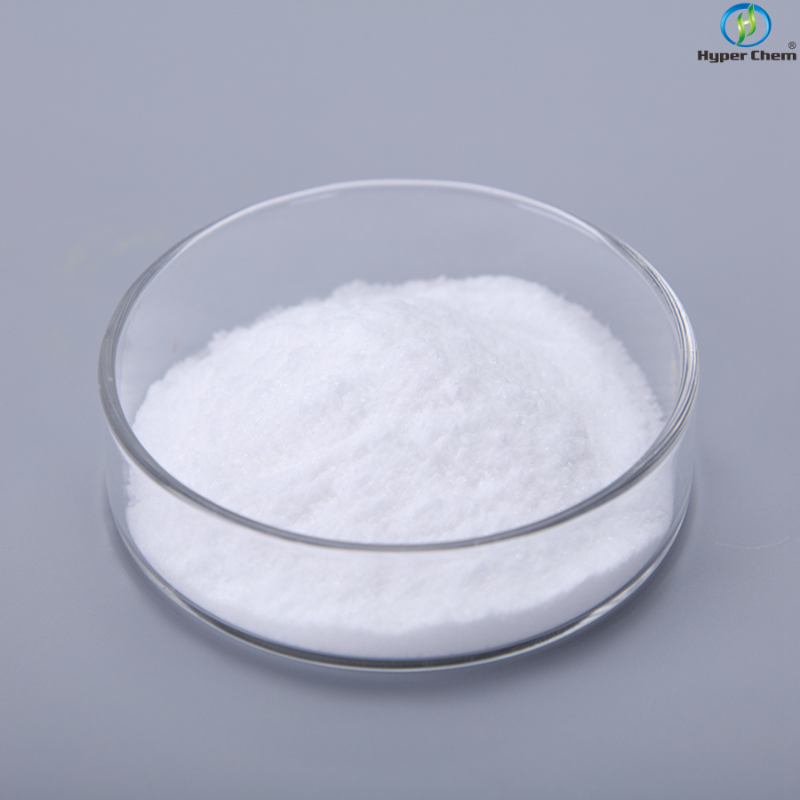-
Categories
-
Pharmaceutical Intermediates
-
Active Pharmaceutical Ingredients
-
Food Additives
- Industrial Coatings
- Agrochemicals
- Dyes and Pigments
- Surfactant
- Flavors and Fragrances
- Chemical Reagents
- Catalyst and Auxiliary
- Natural Products
- Inorganic Chemistry
-
Organic Chemistry
-
Biochemical Engineering
- Analytical Chemistry
-
Cosmetic Ingredient
- Water Treatment Chemical
-
Pharmaceutical Intermediates
Promotion
ECHEMI Mall
Wholesale
Weekly Price
Exhibition
News
-
Trade Service
The first evaluation of antimicrobial resistance (AMR) interventions by the British National Medical Service was published in the journal The Lancet Infectious Diseases
.
A quality reward program was launched in 2015 to reward general practitioners who have made progress in improving the quality of medical care, including reducing inappropriate antibiotic prescriptions in primary care
.
The new report, led by researchers at Imperial College London, found that although the intervention has reduced the number of antibiotic prescriptions by one step, it has only resulted in a moderate level of E.
coli (ec oli) drug-resistant infections.
Reduce
.
The authors of the study concluded that a single intervention in one sector is not enough; a more radical, multi-sectoral approach is needed to deal with the growing threat of antibiotic resistance
.
Antibiotic resistance is a growing health problem, causing approximately 700,000 deaths worldwide each year
.
Escherichia coli is particularly worrying because of its widespread resistance to antibiotics
.
The use of antibiotics in primary care is associated with an increased risk of antimicrobial-resistant infections.
In this case, reducing antibiotic prescriptions has been the cornerstone of global antibiotic management activities
.
In England, more than 70% of antibiotics are prescribed in primary care, and many are considered inappropriate
.
The Global Digital Health Unit team at Imperial College London, by Dr.
Ceire Costelloe, Linked Data and his colleagues from 6882 English General Practice and Public Health England (Inspection) National surveillance of bacterial infections during a six-year period from January 2013 to 2018 In December, when the NHS quality premium was in operation
.
They observed the prescriptions of the five most common antibiotics and checked the resistance trends of E.
coli infections before and after the intervention
Dr.
Céire Costeloe, director of the Global Digital Health Department at Imperial College London and reader, said: “We found that although the UK’s National Health Service (NHS)’s high-quality services for antimicrobial resistance have successfully reduced prescriptions for broad-spectrum antibiotics, Although the drug resistance of E.
coli with bacteremia initially weakened, it is still on the rise
.
This highlights that an intervention alone is not enough to deal with the growing threat of antibiotic resistance
.
"A multi-factor, multi-sectoral, collaborative, and global approach is needed that takes into account the use of antibiotics in the entire health care economy, combined with a broader approach to'One Health', which involves national and global efforts to improve humanity, The health of animals and the environment
.
"
Before the implementation of the premium premium, general practitioners in the UK prescribe an average of 207 broad-spectrum antibiotics for every 100,000 patients per month
.
After the implementation of the quality premium, the prescription rate immediately dropped by 13%, which is equivalent to a reduction of 26 items per 100,000 patients in the UK population
.
Prior to the implementation of the premium premium program, Public Health England reported an average of 275 drug-resistant E.
coli strains to every 1,000 strains tested for broad-spectrum antibiotics each month
.
After implementing the premium premium plan, it was immediately observed that the drug resistance rate dropped by 5%, which is equivalent to a reduction of 14 strains for every 1,000 strains of drug-resistant E.
coli tested
Co-author Shirin Aliabadi, a postgraduate researcher in the Global Digital Health Department at Imperial College London and a pharmacist in the British National Medical Service System, said: "It is estimated that antimicrobial resistance will cause 10 million deaths every year by 2050.
Naturally.
, The country’s efforts and resources have turned to respond to the ongoing COVID-19 crisis, but our research results show that we must still consider the growing threat of antimicrobial resistance, which can be considered a silent pandemic
.
"
Professor Azeem Majeed, a general practitioner, and head of the Department of Primary Care and Public Health at Imperial College London, said: “My colleagues in the primary health environment have done the right thing and made prescriptions for key antibiotics.
Respond, but in order to eliminate the destructive effects of antimicrobial resistance, we need coordinated global efforts and new drugs to treat drug-resistant infections
.
If the COVID-19 pandemic has taught us anything, it is that we can Act fast in the face of a large-scale epidemic
.
If we apply some recent lessons and work together, we can achieve great results in a short period of time
.
I hope this is possible
.
"
Journal Reference :
Shirin Aliabadi, Philip Anyanwu, Elizabeth Beech, Elita Jauneikaite, Peter Wilson, Russell Hope, Azeem Majeed, Berit Muller-Pebody, Céire Costelloe.
Effect of antibiotic stewardship interventions in primary care on antimicrobial resistance of Escherichia coli bacteraemia in England (2013&ndash ;18): a quasi-experimental, ecological, data linkage study .
The Lancet Infectious Diseases , 2021; DOI: 10.
1016/S1473-3099(21)00069-4







